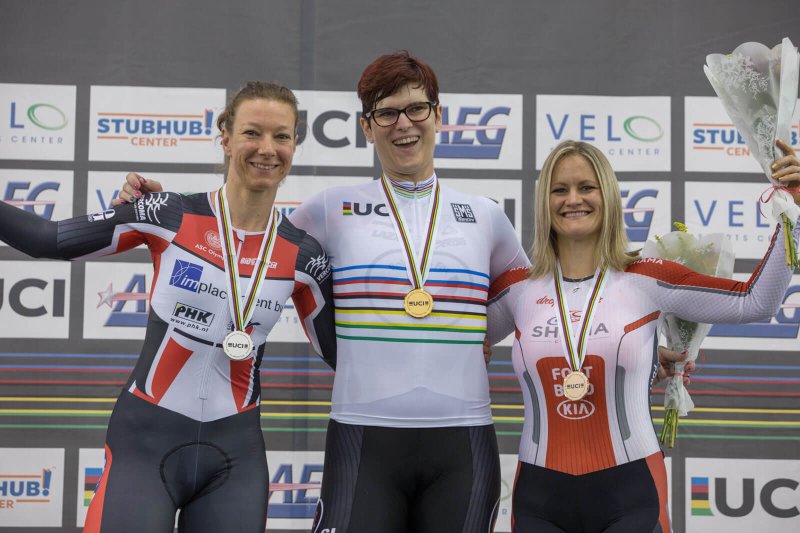A new study suggests transgender women maintain an athletic advantage over their cisgender peers even after a year on hormone therapy.
The results, published [November 6] in the British Journal of Sports Medicine, could mean the current one-year waiting period for Olympic athletes who are transitioning is inadequate.
“For the Olympic level, the elite level, I’d say probably two years is more realistic than one year,” said the study’s lead author, Dr. Timothy Roberts, a pediatrician and the director of the adolescent medicine training program at Children’s Mercy Hospital in Kansas City, Missouri. “At one year, the trans women on average still have an advantage over the cis women,” he said, referring to cisgender, or nontransgender, women.
“It’s not necessary for all advantages to be removed,” she said. “All that is necessary is for trans women to perform more like cisgender women than like cisgender men.”































